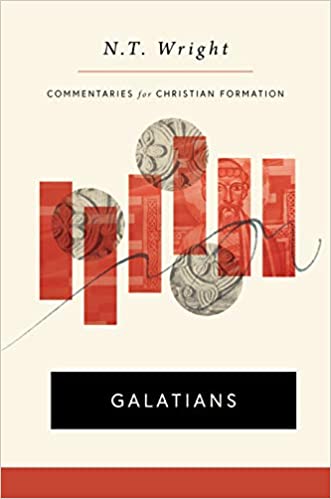Q. In your conclusion to Chapter 3, you show just how far the current divided church has really come from the original attempts of uniting Christians into one family. A good example, which you cite, of justifying a form of division comes in the case of messianic Jews, who see themselves as necessarily keeping apart from their Gentile brothers and sisters in worship and observance of the Mosaic law etc. This is one of the things I found most distressing... Read more








